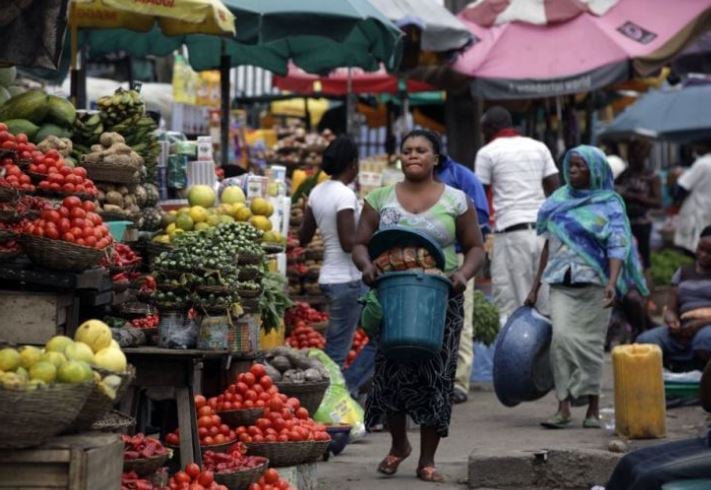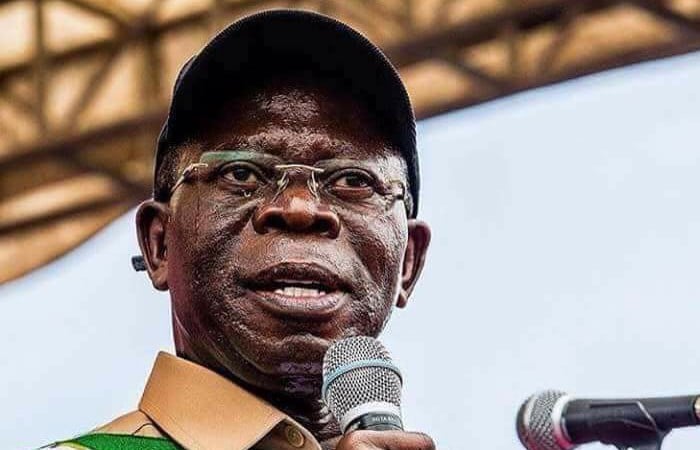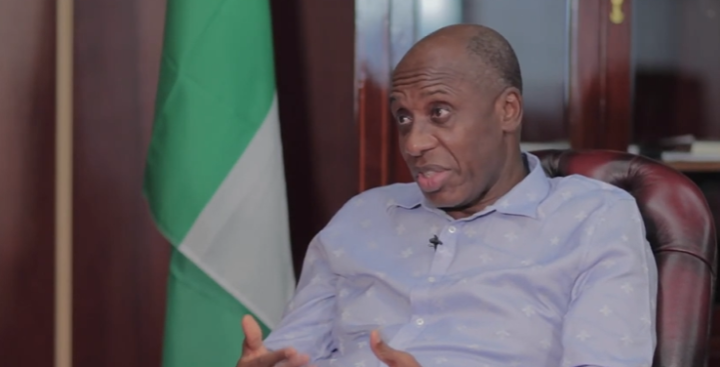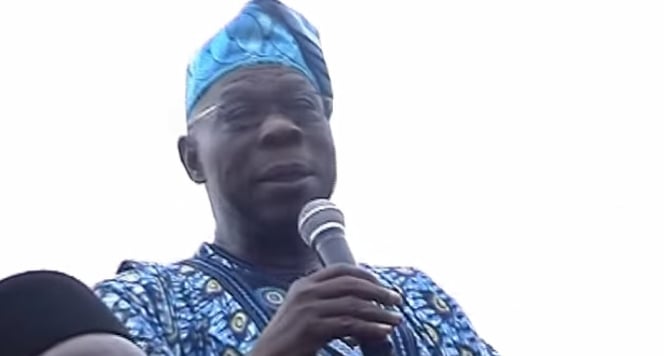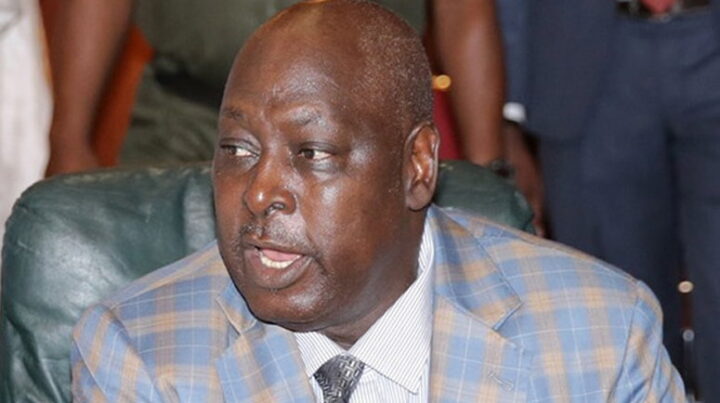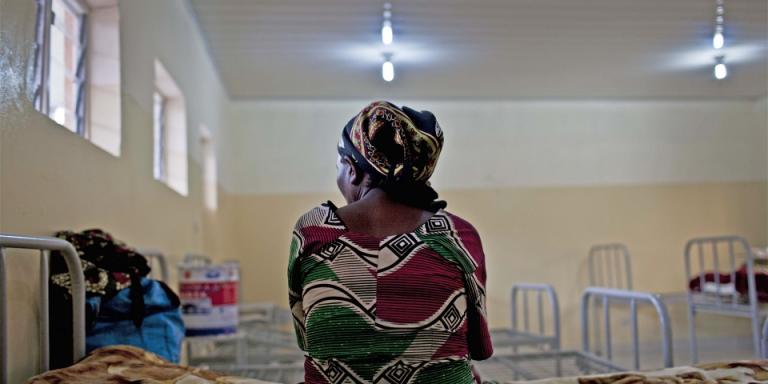BY YECENU SASETU
“I miss the times women had to cook, clean and weren’t allowed to speak” – These were the words I saw on the timeline of a Twitter user and from his avatar, it showed a young man probably in his twenties. It baffled me how a young man of this generation, in this century and with better exposure than generations before would still think this way and even publicly state it.
But being a woman- a young woman too, I know that even though a lot has changed in the public space, so much more needs to be done concerning gender roles and equity in Nigeria and globally.
Let us backtrack a little into history. The narrative about women cooking and cleaning and remaining silent reminds me of the great warrior that graced the Sixteenth century; Queen Amina of Zazzau. History says Amina was a Hausa warrior queen of the city-state Zazzau which is the present-day city of Zaria in Kaduna State, the north-west region of Nigeria. After the death of her brother Karama in 1576, Amina ascended to the position of queen and only three months after being crowned queen, she waged a 34-year campaign against her neighbours, meant to expand Zazzau territory. Under Amina, Zazzau controlled more territory than ever before. History also has it that beyond her expansion of Zazzau territory, she created trade routes throughout Northern Africa. Additionally, Amina has been credited with ordering the construction of a distinctive series of ancient Hausa fortifications, known as ‘Amina’s walls’ and with introducing kola nut cultivation in the area.
Advertisement
Queen Amina did not achieve this feat cooking, cleaning and keeping silent. She was bold enough to step into leadership after her brother died and to this day centuries later, she has become a reference point for girls and women when lessons of confidence are shared.
What about the Aba Women of 1929?
History also has it that these women stepped out in protest against the reign of warrant chiefs who were given powers by the British to tax women excessively. From what I have read, it started with a widow who spoke out against an exploitative tax policy because women were exempted from paying tax in the Igbo tradition.
Advertisement
“Approximately ten thousand women were gathered, and a protest insisting on the removal and trial of the warrant chief was staged. It would go down in history that the effect of the Aba women’s riot prompted the British administration to drop their plans to impose a tax on the market women and to curb the power of the warrant chiefs.”
Reports also have it that the positions of women in society were greatly improved as women were appointed to serve as warrant chiefs in some areas.
PRESENT DAY
Having dug a little into history, what is the situation in the present day?
Advertisement
The focus of this discussion is Women in Community Development Programmes and the United Nations defines community development as “a process where community members come together to take collective action and generate solutions to common problems.” Some developmental issues including but not exclusive to Water, Sanitation and Hygiene (WASH), Poverty, Basic Education, road networks, Power, Healthcare, Gender-Based Violence and Child Rights. These are some of the issues I have encountered based on my work as a Journalist.
To improve the lives of its citizens, Nigeria’s government has had to come up with several programmes that will address these issues. For example, there are interventions such as the Niger Delta Development Commission, North East Development Commission. We also have several constituency projects by Lawmakers to enhance the lives of their people such as rural electrification, the supply of water through boreholes. It also includes Social intervention programmes rolled out by the Federal Government such as N-Power, Farmer Moni and Trader Moni under the Government Enterprise and Empowerment Programme.
Many of these programmes are government-owned but some communities resort to self-help projects. I remember visiting a community in Abuja which had to contribute monies to install a borehole so they could have access to potable water after a cholera outbreak. But who are the major players in the decision making whether it is government intervention programmes or community self-help programmes?
Unfortunately, in many communities, women are not involved in committees that decide and execute these projects. Like the Twitter user who declared that women are for cooking, cleaning and keeping silent, many communities have stuck to their gender roles as defined by tradition, culture and religion. In many Nigerian communities, women are indeed meant to be seen and not heard, therefore, a woman cannot be included in the project or given the platform to contribute to decisions that most likely are for her benefit.
Advertisement
According to Professor Frank Nwankwo who presented a paper on Historic and Socio-cultural Gender Dynamics at a colloquium by OXFAM and Connected Development (CODE), “threat to women welfare and dignity are still far from being adequately addressed.” I had interactions with some teenage girls at Gudyina community in Abuja about their future. The responses I got were not very shocking because many girls are raised and groomed for marriage and home keeping. The cycle continues, girls are not educated or even if they are, they are raised without self-esteem and then they grow up into women who do not have the confidence to ask for what they need or deserve. Hence, non-inclusion goes on.
However, some girls have been able to rise above tradition and expectations of society. I met a woman in 2016 at a women’s programme in Abuja. I was fascinated by what she had to say and had achieved in a few years. She was very vocal about her expectations, about how society should treat women and people living with disabilities. Her name is Lois Auta-Udonkanta; Chair, Network of Disabled Women and Founder, CedarSeed Foundation.
Advertisement
Lois is currently a Member, Disability Inclusion Committee of the Technical Working Group for Nigeria Agenda 2050. She is also a Member, State Community Policing Committee (SCPC) for FCT. She was also made a Member, Ministerial Technical Advisory Committee to the Honourable Minister of Women Affairs on Private Sector. Lois’ involvement didn’t come easy, she constantly had to prove herself as a woman and more so because she is a person living with a disability.
“Yes, the inclusion of women and women with disabilities in every committee is very important and vital. Why? Because they are the most excluded, the most marginalised and the most underrepresented. Women are the best managers, best advisers, world changers, economic developers, they also contribute 21% of every country’s GDP. “We want to see women representatives in every committee,” Lois said.
Advertisement
She also thinks “there will be change when women are the leaders. There will be gender equality when women lead and there will be records of successes in every committee.”
Lois has advocated for the betterment of persons with disabilities in Nigeria for over five years. As President of FCT Disabled Sports Club, Abuja, Lois has been linking Sports and Communities and promoting disabled sports globally.
Advertisement
Women indeed are crucial to society’s development and this starts with educating the girl child. Some organizations make efforts to tackle these problems. Connected Development is one and to address the barriers to girls’ education in the region, CODE is currently implementing the project, “Increasing Girl-child Primary and Secondary Education Enrolment and Completion in Adamawa State,” which is funded by The Malala Fund. The project aims at facilitating girl-child education enrolment, access and completion through activating accountability channels for gender-responsive service delivery in schools, addressing traditional/cultural barriers to girls’ education and high-level governmental engagement on improving girls’ education. (www.connecteddevelopment.org) We know that poverty is one of the barriers to education and by extension, community development. Working to improve lives, OXFAM believes poverty is wrong and not an inevitable fact of life. With various programmes around ending poverty, OXFAM is currently linking over 1 million smallholder farmers, at least 60% of whom are women, to markets so they can participate in improved value chains leading to improved income security and productivity. They are also working towards promoting youth and SMEs which is gender-sensitive and inclusive with the aims to have 50% of the actively engaged youths be women. (www.nigeria.oxfam.org) Solutions to the economic, cultural, and religious challenges can only come through constant engagement with institutions that promote such culture intending to reduce or eliminate its influence.
Banke Ilori Oyeniyi who is a Lawyer and gender advocate said “I think we don’t have enough women participating in Programmes for community development.”
I asked if it makes any difference what gender is involved in community development programmes.
“Yes, it does, she said. “When a group isn’t represented (in this case women) we miss out on their perspective and the narrative they can bring to a conversation. We also don’t have an understanding of their issues and how to address them.”
Another vocal gender advocate is Chioma Agwuegbo. As the Executive Director at TechHerNG, she demystifies technology for women and applying tech solutions to societal problems, especially as they affect women.
UN Women says her strategies seek to advance causes, build businesses, and foster engagement between government and citizens. Chioma was part of the team that advocated for the Not Too Young To Run movement and her participation led to the passage of the Bill that allows people to run for public office from the age of 25.
These women were able to speak against all odds and they refused to be stifled having to prove their worth over and over again. For community development, it is only right that women also be included in committees that will make the decisions and come up with strategies for execution. However, we acknowledge that it is a gradually progressive process towards perfection.
Views expressed by contributors are strictly personal and not of TheCable.
